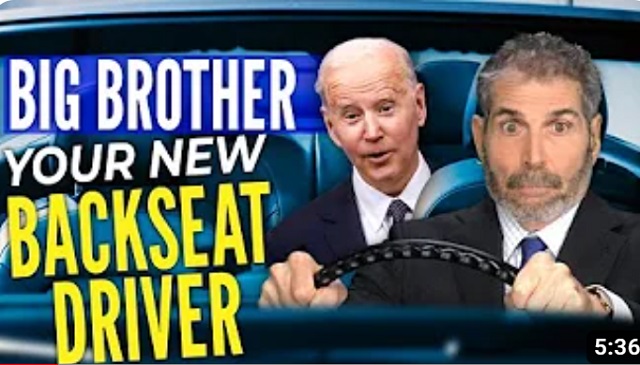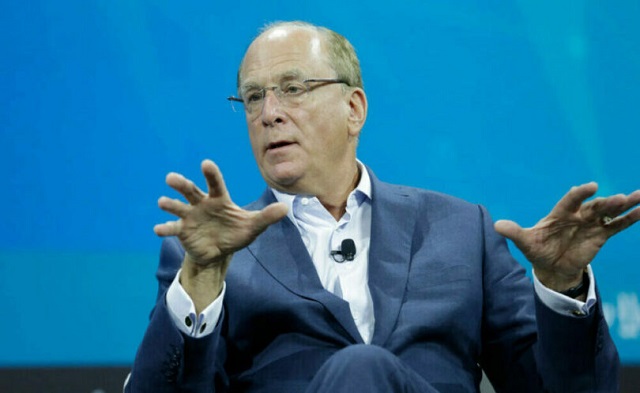Opinion
Since 2018, Alberta lost 5.1% employment, Calgary gained 1% employment, Red Deer lost 18.2% employment

2021 is an election year. The municipal election will be in October and a federal election is also expected. No provincial election is expected but with the Premier’s ratings sinking to as low as 16% in some polls before vacationgate, it might also be in the works.
Politics has turned up some things to think about. In the USA Donald Trump has given doubts to blind loyalty to a leader, with dire circumstances. Republicans everywhere are starting to regret keeping their leader in office.
Vacationgate here in Alberta have turned up more things to think about. We have too many elitists, silent seat-warming, self-serving politicians who believe they are above the people they were elected to serve. While we are missing birthdays, weddings, funerals, anniversaries, trips, holidays with family, friends and others at the request of our elected officials, they, themselves, traveled around the world. These silent invisible politicians took our trust and spit on it before crushing it under their heels.
Statscan recently reported that Alberta has lost 5.1% of workers since 2018. The politicians will scream it is the world oil glut and low prices that destroyed Alberta’s job market, but Calgary, Alberta’s oil capital actually saw an increase in jobs of 1%, Edmonton lost 7% and Red Deer has lost 18.2%.
Unemployment rate was reportedly down to less than 10% but I had a nice knowledgeable person explain to me that is because they are not collecting employment benefits because they ran out and others who have simply stop looking for jobs.
Perhaps it is time to look for new blood in our political arenas. A new generation of thinkers and doers. There are some younger people in politics after all the median age in Red Deer is 39.5 years of age, half the population is 40 and older so 40 does seem young. But if you spent your entire adult life in politics then 40 is not young. I once asked about Red Deer; ” Do all we do is build houses and ice rinks?” We do get funding from all levels of governments for ice rinks, but try building a swimming pool.
If Red Deer’s median age keeps rising we will see less need for ice rinks and more need for pools.
So is it possible to get out of the rut of rewarding the old guard, the same parties, the same inner circle that tend to look inwards for answers rather than outwards.
How can we grow if we repeat the same program. Remember there is a difference between having 15 years experience and repeating the 1st year 15 times. Does it matter if we have 12 or 13 ice rinks? Would it matter more if we had the only 50m pool? Can we not at least think about it? Why can’t our silent federal and provincial political representatives find funds for more than ice rinks and sports events?
It takes a village to raise a child, it takes the co-ordinated effort of all levels of governments to help our city stop declining. It takes looking outward, beyond the privileged inner circle to find solutions.
We lost 18.2% of workers in 2 years, can we afford 2 more years without change. We talk about diversification, but someone keeps saying we are an oil and gas city. When I ask about capitalizing on ongoing projects, I have been told things like, we looked at it years ago, and thought it was too expensive. It does not matter that things become cheaper and more efficient these days, but we looked at it once and that’s good enough.
For example I asked about the success of cities putting turbines in their water systems to create power. Red Deer is pumping millions of litres of waste water into the river everyday, so I asked about running it over turbines to create some power, and I was told they looked at it many years ago and thought it was too expensive. I was not talking about $100 million dollar turbines but something smaller. Remember that movie where a boy saved a village by hooking his bicycle light generator to a windmill to irrigate the crops. Could we do something in between?
We lost so much, is it time to rethink our politics? Look beyond parties, look beyond incumbency, look beyond age and look for someone willing to move forward for us.
Red Deer has lost 18.2% of it’s workers since 2018, population has only increased by 195 since 2015, I think it is time look beyond the few and look at the whole. Just saying.
Business
UN plastics plans are unscientific and unrealistic

News release from the Coalition of Concerned Manufacturers and Businesses of Canada
“We must focus on practical solutions and upgrading our recycling infrastructure, not ridiculous restrictions that will harm our health care system, sanitary food supply, increase costs and endanger Canadians’ safety, among other downsides.”
This week Ottawa welcomes 4,000 delegates from the United Nations to discuss how they will oversee a reduction and even possible elimination of plastics from our lives. The key problem is no one has ever figured out how they will replace this essential component of our modern economy and society. The Coalition of Concerned Manufacturers and Businesses of Canada (CCMBC) has launched an information campaign to discuss the realities of plastic, how it contributes massively to our society and the foolishness of those who think plastics can be eliminated or greatly reduced without creating serious problems for key industries such as health care, sanitary food provision, many essential consumer products and safety/protective equipment, among others. CCMBC President Catherine Swift said “The key goal should be to keep plastics in the economy and out of the environment, not eliminate many valuable and irreplaceable plastic items. The plastics and petrochemical industries represent about 300,000 jobs and tens of billions contribution to GDP in Canada, and are on a growth trend.”
The UN campaign to ban plastics to date has been thwarted by reality and facts. UN efforts to eliminate plastics began in 2017, motivated by such terrible images as rivers with massive amounts of floating plastic and animals suffering from negative effects of plastic materials. Although these images were dramatic and disturbing, they do not represent the big picture of what is really happening and do not take into account the many ways plastics are hugely positive elements of modern society. Swift added “Furthermore, Canada is not one of the problem countries with respect to plastics waste. Developing countries are the main culprits and any solution must involve helping the leading plastics polluters find workable solutions and better recycling technology and practices.”
The main goal of plastic is to preserve and protect. Can you imagine health care without sanitary, flexible, irreplaceable and recyclable plastic products? How would we keep our food fresh, clean and healthy without plastic wraps and packaging? Plastic replaces many heavier and less durable materials in so many consumer products too numerous to count. Plastics help the environment by reducing food waste, replacing heavier materials in automobiles and other products that make them more energy-efficient. Many plastics are infinitely recyclable and innovations are taking place to improve them constantly. What is also less known is that most of the replacements for plastics are more expensive and actually worse for the environment.
Swift stated “Environment Minister Steven Guilbeault has been convinced by the superficial arguments that plastics are always bad despite the facts. He has pursued a campaign against all plastics as a result, without factoring in the reality of the immense value of plastic products and that nothing can replace their many attributes. Fortunately, the Canadian Federal court overturned his absurd ban on a number of plastic products on the basis that it was unscientific, impractical and impinged upon provincial jurisdiction.” Sadly, Guilbeault and his Liberal cohorts plan to appeal this legal decision despite its common-sense conclusions. Opinion polls of Canadians show that a strong majority would prefer this government abandon its plastics crusade at this point, but history shows these Liberals prefer pursuing their unrealistic and costly ideologies instead of policies that Canadians support.
The bottom line is that plastics are an essential part of our modern society and opposition has been based on erroneous premises and ill-informed environmentalist claims. Swift concluded “Canada’s record on plastics is one of the best in the world. This doesn’t mean the status quo is sufficient, but we must focus on practical solutions and upgrading our recycling infrastructure, not ridiculous restrictions that will harm our health care system, sanitary food supply, increase costs and endanger Canadians’ safety, among other downsides.” The current Liberal government approach is one that has no basis in fact or science and emphasizes virtue-signaling over tangible and measurable results. Swift noted “The UN’s original founding purpose after World War II was to prevent another world war. Given our fractious international climate, they should stick to their original goal instead of promoting social justice warrior causes that are unhelpful and expensive.”
The CCMBC was formed in 2016 with a mandate to advocate for proactive and innovative policies that are conducive to manufacturing and business retention and safeguarding job growth in Canada.
SOURCE Coalition of Concerned Manufacturers and Businesses of Canada
Fraser Institute
Canadians should decide what to do with their money—not politicians and bureaucrats
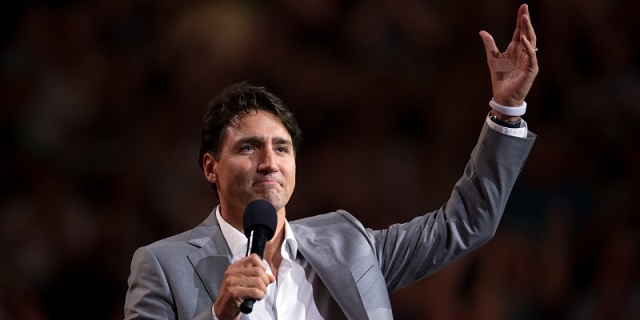
From the Fraser Institute
By Jake Fuss and Grady Munro
Since taking office in 2015, the Trudeau government has expanded the federal government’s role in making decisions for individuals and families, rather than letting Canadians decide on their own. And with its latest federal budget, which it tabled last week, it once again decided that politicians and bureaucrats should determine what people want and need, rather than the people themselves.
Indeed, during its tenure the Trudeau government has introduced a slew of new programs (e.g. national dental care, $10-a-day day care), which have contributed to an expected $227.4 billion increase in annual federal program spending (total spending minus debt interest costs) from 2014/15 to 2024/25. And according to the budget, due to new programs such as national pharmacare, annual program spending will increase by another $58.4 billion by 2028/29.
In many cases the impetus for these new programs has been to increase people’s access to certain goods and services (most of which were already provided privately). But the Trudeau government has consistently ignored the fact that there are always two ways for the government to help provide a good or service—tax and spend to directly provide it, or lower taxes and leave more money in people’s pockets so they can make their own decisions—and instead simply opted for more government.
Consequently, Canadians now pay higher taxes. In 2014/15 (the year before Prime Minister Trudeau was elected), total federal revenues represented 14.0 per cent of the economy (as measured by GDP) compared to 16.6 per cent in 2024/25—meaning taxes have grown faster than the economy.
More specifically, the total tax bill (including income taxes, sales taxes, property taxes and more) of the average Canadian family has increased from 44.7 per cent of its income in 2015 to 46.1 per cent in 2023. That means the average family must work five extra days to pay off the additional tax burden.
And families are feeling the burden. According to polling data, 74 per cent of Canadians believe the average family is overtaxed. And while the Trudeau government did introduce tax changes in 2016 for middle-income families, research shows that 86 per cent of these families ended up paying higher taxes as a result. Why? Because while the government reduced the second-lowest federal personal income tax rate from 22.0 to 20.5 per cent, it simultaneously eliminated several tax credits, which effectively raised taxes on families that previously claimed these credits.
Finally, many Canadians don’t believe their tax dollars are being put to good use. When polled, only 16 per cent of Canadians said they receive good or great value for their tax dollars while 44 per cent said they receive poor or very poor value.
Simply put, the Trudeau government has consistently empowered politicians and bureaucrats to decide how Canadians should use their hard-earned money, rather than allowing individuals and families to make those decisions. With its 2024 budget, once again the Trudeau government has demonstrated its belief that it knows best.
Authors:
-

 Censorship Industrial Complex2 days ago
Censorship Industrial Complex2 days agoDesperate Liberals move to stop MPs from calling Trudeau ‘corrupt’
-

 Health1 day ago
Health1 day agoTransgender activists are threatening the author of scathing UK report on child ‘sex changes’
-

 conflict1 day ago
conflict1 day agoCol. Douglas Macgregor torches Trump over support for bill funding wars in Ukraine and Israel
-

 Energy2 days ago
Energy2 days agoA Wealth-Creating Way of Reducing Global CO2 Emissions
-
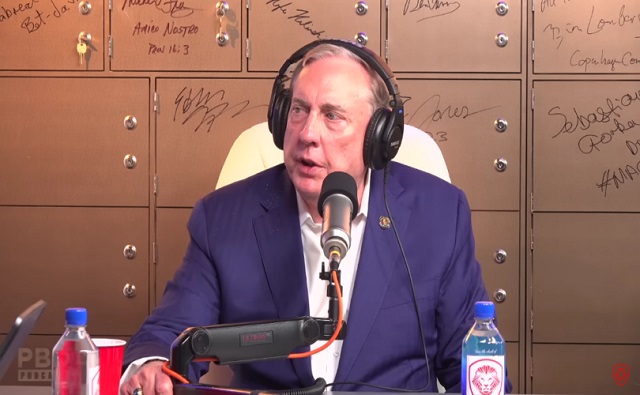
 conflict2 days ago
conflict2 days agoCol. Douglas Macgregor: US is ‘facing disaster’ as it funds overseas wars while bankrupt
-

 Frontier Centre for Public Policy23 hours ago
Frontier Centre for Public Policy23 hours agoThe end of Canada: The shift from democracy to totalitarian behavior in the ‘pandemic era’
-
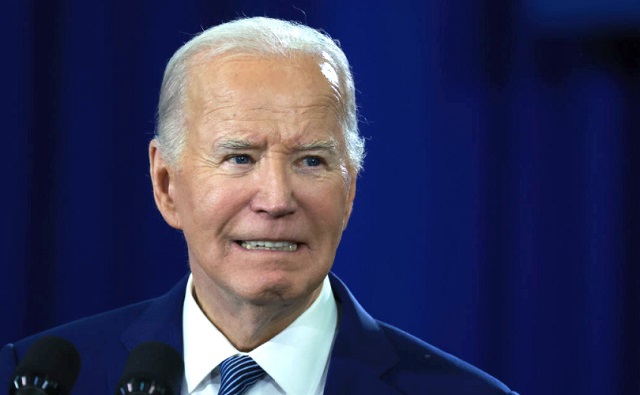
 International24 hours ago
International24 hours agoBiden admin expands Title IX to include ‘gender identity,’ sparking conservative backlash
-

 COVID-192 days ago
COVID-192 days agoInquiry shows Canadian gov’t agencies have spent $10 million on social media ads for COVID jabs






